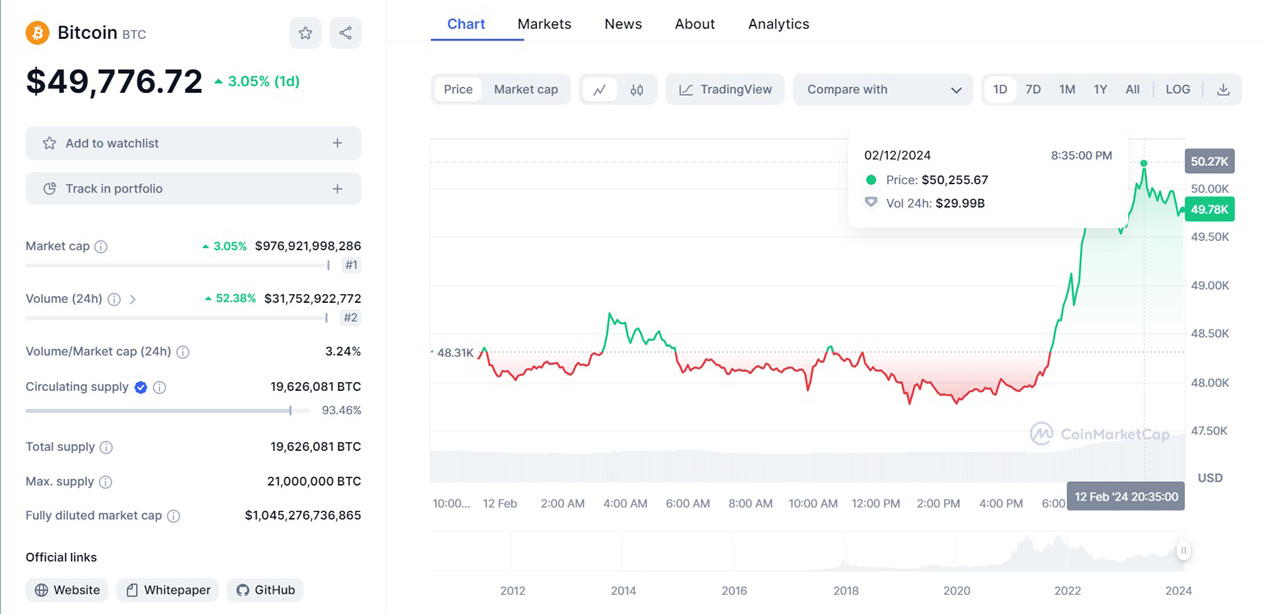The Benefits of Bitcoins
Welcome to our comprehensive guide on the benefits of bitcoins. In this article, we will delve into the various advantages that bitcoins offer, highlighting their impact on the financial world and beyond.
Secure and Decentralized
One of the key benefits of bitcoins is their security and decentralized nature. Unlike traditional currencies, which are controlled by central banks and governments, bitcoins operate on a peer-to-peer network. This means that transactions are verified by a network of computers, making it extremely difficult for any single entity to manipulate the system.
Additionally, bitcoins utilize advanced cryptographic techniques to secure transactions and protect user privacy. This makes it highly secure and resistant to fraud or hacking attempts. With bitcoins, users have full control over their funds and can transact with confidence.
Fast and Low-Cost Transactions
Another significant advantage of bitcoins is the speed and low cost associated with transactions. Traditional financial institutions often involve lengthy processes, intermediaries, and high fees. In contrast, bitcoins enable near-instantaneous transactions that can be completed within minutes, regardless of geographical location.
Furthermore, the fees associated with Bitcoin transactions are typically much lower compared to traditional methods. This makes bitcoins an attractive option for individuals and businesses looking to reduce transaction costs and improve efficiency.
Global Accessibility
Bitcoins have no geographical boundaries or limitations. They can be accessed and used by anyone with an internet connection, regardless of their location. This global accessibility is especially beneficial for individuals in countries with limited access to traditional banking services.
Moreover, bitcoins provide a viable alternative for remittances, allowing individuals to send and receive money internationally without the need for expensive intermediaries. This has the potential to empower individuals and businesses in developing countries, facilitating financial inclusion and economic growth.
Protection Against Inflation
Unlike traditional currencies, which can be subject to inflationary pressures, bitcoins are designed to be deflationary. The total supply of bitcoins is limited to 21 million, ensuring that they cannot be arbitrarily created or devalued by any central authority.
This feature provides a hedge against inflation and preserves the purchasing power of bitcoins over time. As a result, bitcoins can serve as a store of value, similar to gold or other precious metals.
Investment Opportunities
Bitcoins have gained significant attention as an investment asset class. The rapid growth and adoption of bitcoins have led to substantial price appreciation over the years. Many individuals and institutions have recognized the potential for long-term capital appreciation and have included bitcoins in their investment portfolios.
However, it is important to note that investing in bitcoins carries inherent risks, and the market can be highly volatile. It is crucial to conduct thorough research and exercise caution when investing in bitcoins or any other cryptocurrencies.

In conclusion, bitcoins offer numerous benefits that have the potential to revolutionize the financial landscape. From enhanced security and decentralized control to fast, low-cost transactions and global accessibility, bitcoins provide a unique and powerful alternative to traditional currencies. Additionally, their deflationary nature and investment potential make them an attractive option for individuals seeking to protect their wealth and explore new investment opportunities. As the world continues to embrace digital currencies, bitcoins are poised to play a pivotal role in shaping the future of finance.
Frequently Asked Questions
1. What are the benefits of using bitcoins?
Bitcoins offer several advantages such as:
Decentralization
Lower transaction fees
Fast and convenient cross-border transfers
Increased privacy
Protection against fraud
2. How does decentralization benefit bitcoins?
Decentralization means that no central authority, like a bank or government, controls bitcoins. This eliminates the need for intermediaries, reduces the risk of censorship, and provides users with more financial freedom.
3. Are transaction fees lower with bitcoins?
Yes, transaction fees with bitcoins are generally lower compared to traditional payment methods. This is because there are no intermediaries involved, and the fees are usually based on the transaction size rather than a percentage of the transaction amount.
4. Can bitcoins be used for cross-border transfers?
Yes, bitcoins can be easily sent across borders without the need for traditional banking systems. This makes international transfers faster, cheaper, and more accessible to individuals and businesses.
5. How does using bitcoins increase privacy?
Bitcoin transactions are pseudonymous, meaning they are not directly linked to the identities of the users. This provides a certain level of privacy, as personal information is not required to complete a transaction.
6. How does Bitcoin protect against fraud?
Bitcoin transactions are secured through cryptography, making it extremely difficult for hackers or fraudsters to manipulate or counterfeit the currency. Additionally, the use of blockchain technology ensures transparency and immutability of transactions.
7. Are bitcoins a good investment?
As with any investment, the value of bitcoins can fluctuate. However, many individuals and businesses consider bitcoins as a potential investment due to their increasing acceptance and potential for long-term growth.
8. Can bitcoins be used for online purchases?
Yes, bitcoins can be used to make online purchases from merchants that accept cryptocurrencies as a form of payment. This provides an alternative payment method and can offer additional security and privacy compared to traditional payment options.
9. Are bitcoins regulated by governments?
The regulation of bitcoins varies from country to country. While some governments have implemented specific regulations, others have taken a more hands-off approach. The decentralized nature of bitcoins makes it challenging for any single entity to exert complete control.
10. Are there any risks associated with using bitcoins?
While bitcoins offer numerous benefits, there are also risks to consider. These include price volatility, the potential for hacking or theft, and the lack of widespread acceptance. It is important to educate yourself and take necessary precautions when using bitcoins.




